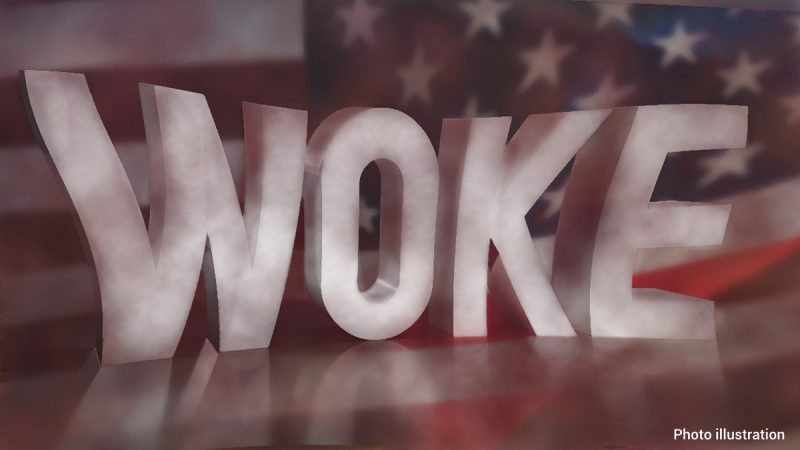The Woke Era – An Examination of its Evolution and Impact
Prior to delving into the discussion surrounding the end of the Woke era, it is first essential to comprehend the origins and evolution of this sociopolitical movement. The concept of being woke in modern parlance has its roots in African-American Vernacular English, denoting a heightened awareness of social injustices and systemic discrimination. Over time, this term has expanded beyond its original context and become synonymous with progressive ideologies that advocate for equality, inclusion, and social justice across various marginalized communities.
The rise of the Woke movement can be traced back to the early 2010s when social media platforms provided a fertile breeding ground for discussions on privilege, discrimination, and activism. Movements like Black Lives Matter and #MeToo gained momentum, bringing issues of racial inequality, police brutality, sexism, and sexual harassment to the forefront of public consciousness. These movements catalyzed a wave of awareness and mobilization among individuals who sought to challenge and dismantle entrenched systems of oppression.
The Woke era, characterized by a heightened sensitivity to issues of systemic injustice and a call for radical societal change, has undeniably made significant strides in shedding light on long-standing inequities. It has sparked crucial conversations about racism, sexism, LGBTQ+ rights, ableism, and other forms of discrimination, prompting widespread introspection and calls for reform in various spheres of society.
However, the fervor and momentum of the Woke era have evoked mixed reactions and responses from different segments of society. Critics argue that the movement has become excessively polarizing, leading to ideological echo chambers and a culture of call-out and cancelation. The emphasis on performative allyship, virtue signaling, and political correctness has, at times, overshadowed genuine advocacy for social change, prompting backlash and fatigue among some individuals.
Moreover, the Woke movement has faced criticism for its perceived lack of nuance and its tendency to essentialize complex issues into binary narratives of oppressor versus oppressed. The call-out culture that has emerged within Woke circles has also raised concerns about censorship, intolerance for dissenting opinions, and the stifling of intellectual diversity and freedom of expression.
In recent years, there has been a noticeable shift in the public discourse surrounding Woke ideologies, with increasing pushback against what some perceive as excessive politicization and moral absolutism. The mainstreaming of terms like cancel culture, virtue signaling, and political correctness reflects a growing skepticism towards the extremes of the Woke movement and a desire for more balanced and nuanced discussions on social issues.
The watershed moments of the Woke era, including the 2020 Black Lives Matter protests, the Me Too movement revelations, and the cultural reckoning surrounding issues of race, gender, and power dynamics, have undoubtedly left an indelible mark on society. These movements have sparked important conversations, catalyzed institutional change, and sensitized individuals to the complexities of privilege and discrimination.
In conclusion, while the Woke era has played a vital role in raising awareness about social injustices and advocating for marginalized communities, its future trajectory remains uncertain. The movement continues to evolve and adapt in response to changing social landscapes and shifting cultural norms. As we navigate the complexities of the post-Woke era, it is imperative to strike a balance between fostering inclusivity, empathy, and social progress while also upholding principles of critical thinking, dialogue, and respect for diverse perspectives. Only through such a delicate equilibrium can we hope to build a more equitable and compassionate society for all.

